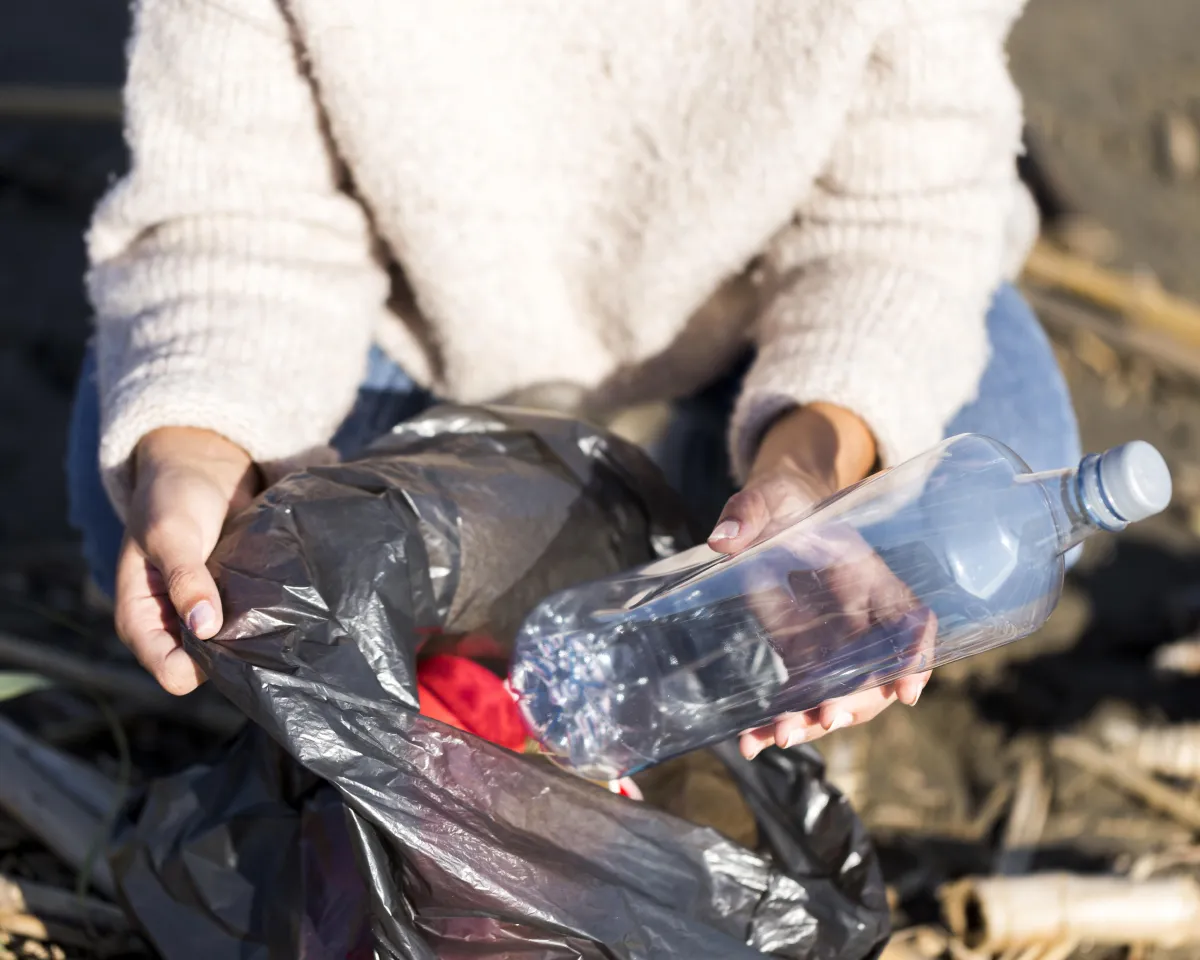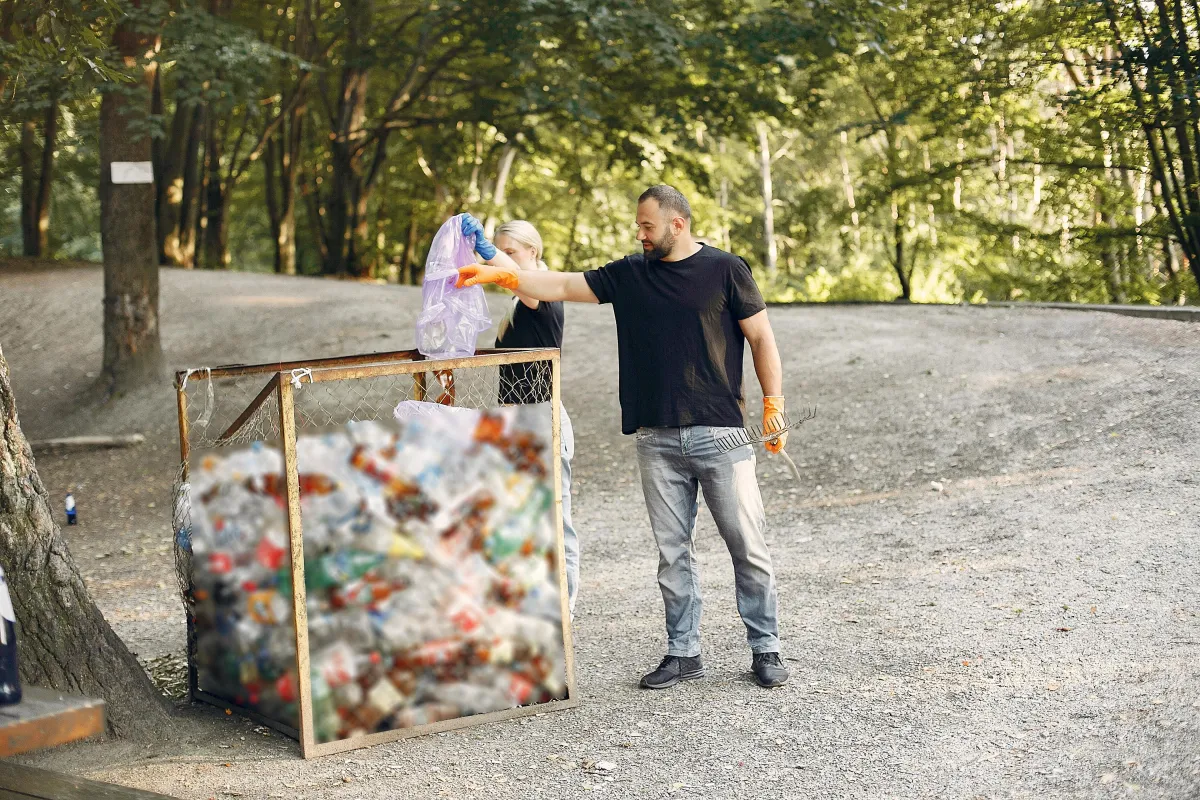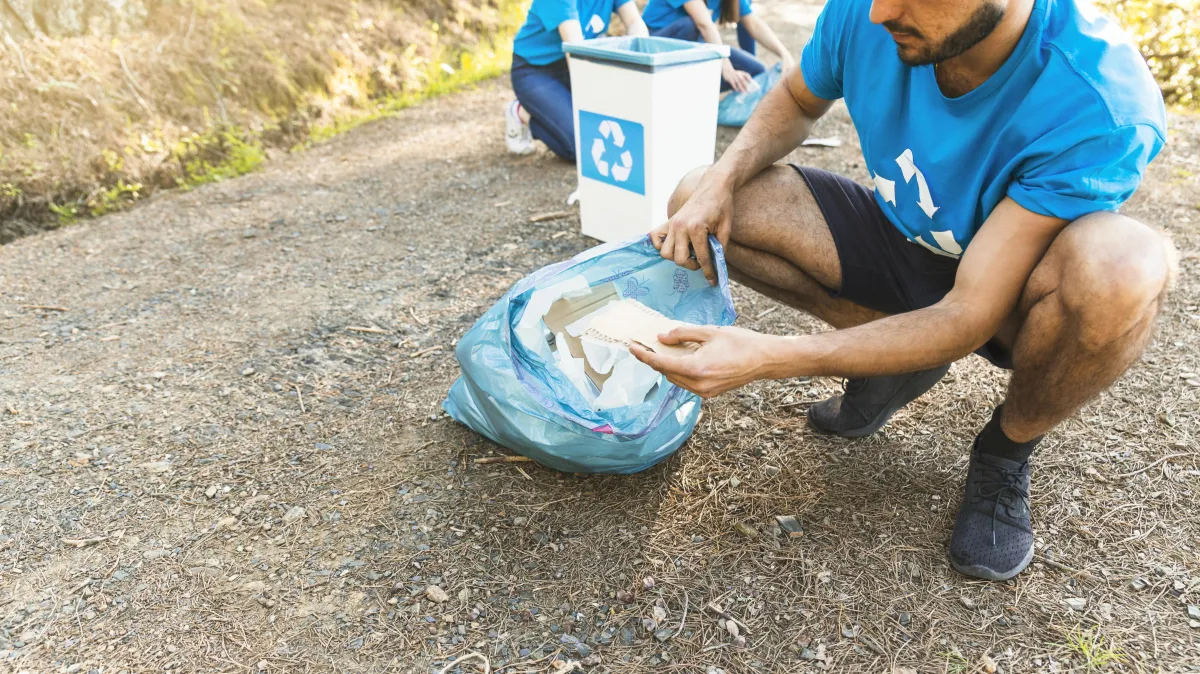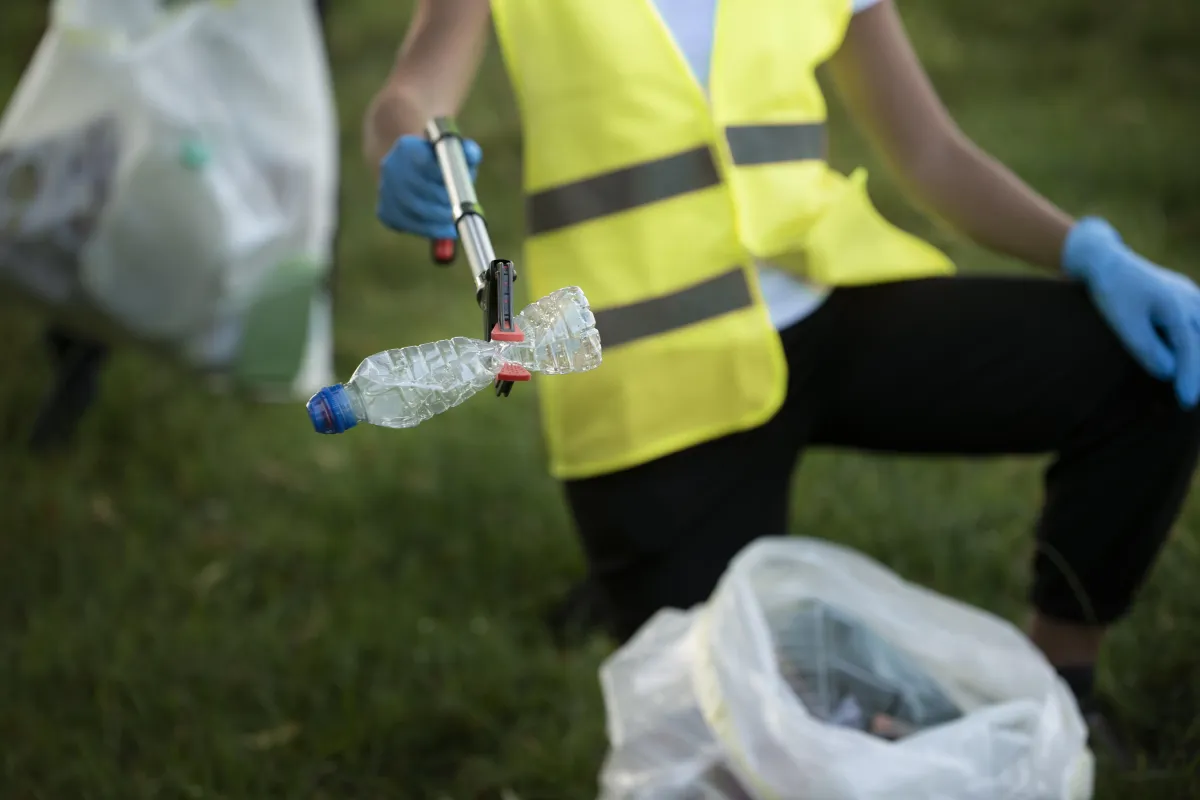How Harry's Return & Earn Works
Our program is designed to be simple and accessible for everyone.
Follow these steps to start making a difference and earning rewards.
How We Commit
Simple, Rewarding, Sustainable

Join thousands of Australians making a difference. Our program makes container recycling easy, allowing you to earn 10 cents for every eligible container while contributing to a healthier planet and stronger communities.

Get 10¢ per Container
Every eligible bottle, can, or carton earns you a refund.

Easy & Convenient
Find drop-off points near you, or explore our home collection options.

Real Environmental Impact
Reduce landfill, conserve resources, and protect our natural beauty.

Support Your Community
Donate your refunds to local schools, community groups, or charities.
Why Every Container Matters:
The Environmental Impact of Recycling
Reducing Landfill Waste
When containers are recycled, they are diverted from landfills, extending the life of landfill sites and reducing the environmental burden associated with waste disposal. This also minimizes the production of harmful leachate and greenhouse gases from decomposing waste.
Conserving Natural Resources
Recycling materials like glass, plastic, and aluminium drastically reduces the need to extract virgin raw materials from the earth. This lessens mining and logging activities, preserving natural habitats, reducing deforestation, and conserving precious ecosystems.
Saving Energy
Producing new products from recycled materials typically requires significantly less energy than manufacturing them from raw materials. For example, recycling aluminium saves 95% of the energy needed to make new aluminium from bauxite ore, and recycling plastic saves roughly 70% compared to making new plastic from crude oil
Lowering Greenhouse Gas Emissions
By saving energy and reducing the need for raw material extraction and processing, recycling helps to reduce greenhouse gas emissions, directly contributing to the fight against climate change and air pollution.
Combating Litter and Pollution
Container deposit schemes are highly effective at incentivizing the collection of beverage container litter, leading to a significant reduction in waste found in our streets, parks, beaches, and waterways. Less litter means healthier environments for wildlife, improved aesthetics for communities, and cleaner public spaces for everyone to enjoy.

Select your Options
Here's How to Join the Movement Today!

Health
Drop Off / Walk In
Lorem ipsum is simply text of the printing...Lorem ipsum is simply text of the printing... Lorem ipsum is simply text of the printing...

Health
Home Collection
Lorem ipsum is simply text of the printing...Lorem ipsum is simply text of the printing... Lorem ipsum is simply text of the printing...

Health
Business
Lorem ipsum is simply text of the printing...Lorem ipsum is simply text of the printing... Lorem ipsum is simply text of the printing...

Health
Schools, Community Groups
Lorem ipsum is simply text of the printing...Lorem ipsum is simply text of the printing... Lorem ipsum is simply text of the printing...

Health
Events
Lorem ipsum is simply text of the printing...Lorem ipsum is simply text of the printing... Lorem ipsum is simply text of the printing...
Our Articles
Interesting News

Join the Movement.
Start recycling today and contribute to a cleaner, more sustainable Australia.

Copyright 2025. Harry's Return & Earn.
All Rights Reserved.
Company
Callouts

